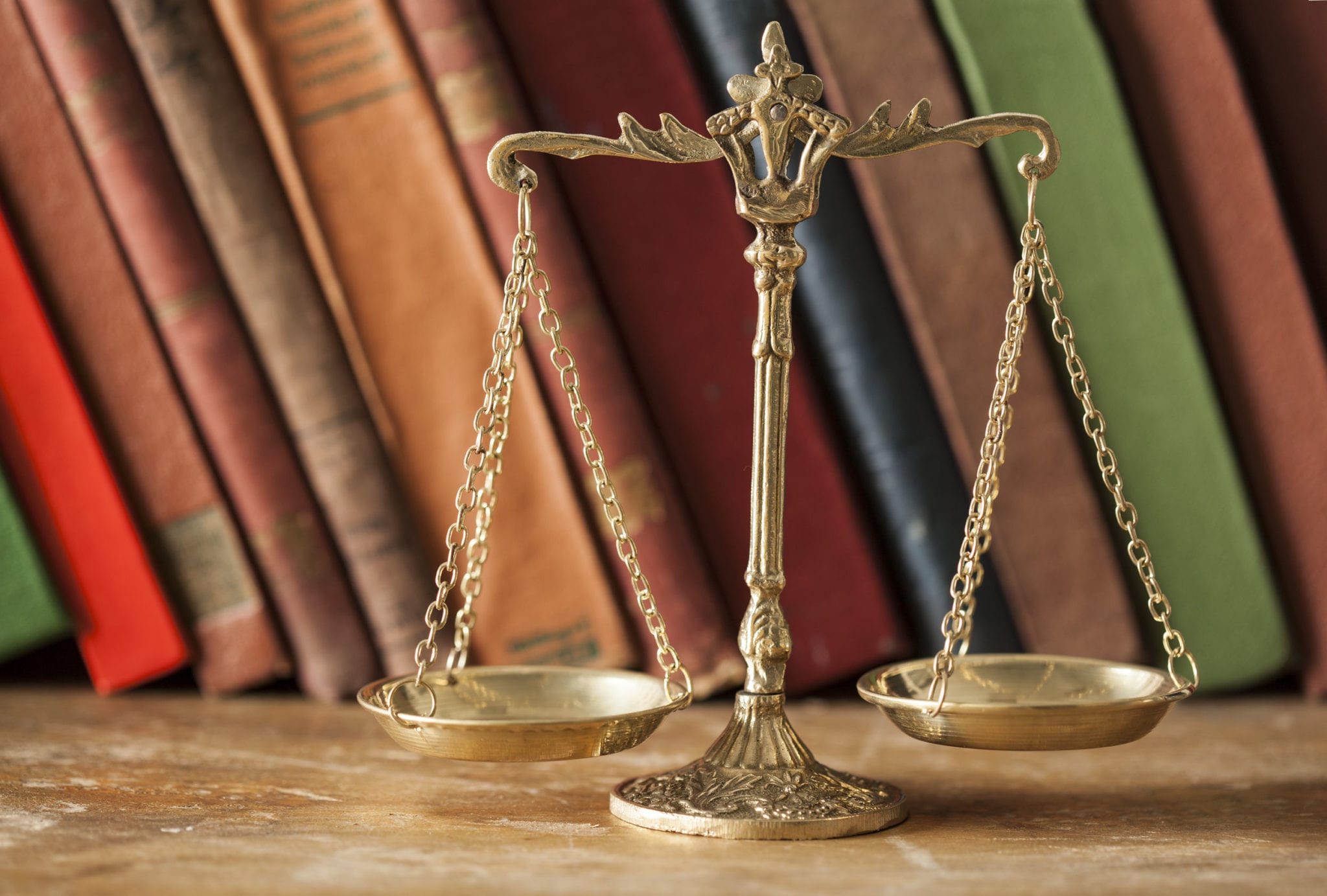Worried about your child getting a minor in possession charge at college this year? We’ll tell you what to expect if your kid gets caught, and explain how a skilled criminal attorney can help you fight the charges to protect their future.
North Carolina Minor in Possession Laws
For many kids, college is the place where they can finally spread their wings and have fun as “adults.” Unfortunately, for many young adults, university “fun” has become synonymous with drinking. Sometimes heavily.
Schools have even become known for partying. Case in point: the Princeton Review recently ranked Wake Forest University in Winston-Salem as the #14 party school in the country. With many schools back in session, the party season is in full swing.
Our state still has laws regarding minors and alcohol, though, and if your child is caught, they could face charges for unlawful acts of alcohol possession.
According to North Carolina law, anyone under 21 years old is prohibited from consuming, purchasing, or possessing alcohol. Additionally, the law prohibits a minor from using false or altered identification to attempt to purchase or to purchase alcohol, or enter an establishment where alcohol is permitted to be served.
The arresting officer has the right to administer an alcohol screening test if he or she suspects that a minor has used alcohol. The minor can lawfully refuse to submit to the test, but the refusal will be noted in the police report and court documents.
Three notable exceptions exist to the law.
- A minor is permitted to possess or consume sacramental wine while attending an organized church service.
- Minors who work at establishments that are licensed to sell alcohol are permitted to dispense, possess, and transport alcohol, but not consume it.
- The third exception is when the minor participates in culinary instruction when a licensed and accredited instructor supervises the required use of alcohol for a course.
Penalties for a MIP Charge in North Carolina
Minor in possession is normally charged as a Class 1 misdemeanor in North Carolina. A minor who helps another minor obtain alcohol can face charges as well, specifically a class 2 misdemeanor for aiding and abetting. The consumption, possession, or purchase of alcohol by a person aged 19 or 20 is a class 3 misdemeanor.
Penalties start with the minor losing his or her driver’s license for up to one year. If the minor’s license is already revoked, the loss of license for one year will apply at the end of their current license suspension.
A conviction for a Class 3 misdemeanor will result in up to 10 days of community punishment plus a fine of up to $200.
A conviction for a Class 2 misdemeanor will result in up to 30 days of community punishment plus a fine of up to $1,000.
A conviction for a Class 1 misdemeanor will result in up to 45 days of probation with 25 hours of community service, and a fine of at least $250.
If the minor has a previous conviction within four years of committing the same offense, the fine will be raised to at least $500 and the community service requirement will be raised to 150 hours.
It is also important to note that MIP penalties can be levied at more than just the minor in question.
Legal Help for North Carolina Minor in Possession Charges
If your child is facing charges of minor in possession, it’s important to consult with a skilled attorney who can help fight the charges with a solid defense. By working with an experienced lawyer, you have a better chance of getting the charges reduced or dropped.
An attorney can fight back with these common defenses:
- Lack of knowledge—the minor did not know the substance in question was alcohol
- Lack of intent—the minor had no intent to possess, transport, or consume the alcohol
- Insufficient evidence—there is not enough evidence to support the charges
- Involuntary intoxication—for example, the minor drank punch without realizing it contained alcohol
- Conflicting witness reports—these can be key to proving the minor’s innocence
- Mistaken identity—the minor was falsely accused due to a mistake
- Duress—the minor possessed, transported, or consumed alcohol under threat of harm
- Improper police stop—the police failed to operate under probable cause
- Improper police procedures—the police were harsh or abusive in their treatment of the minor, or failed to read Miranda rights at the time of arrest
- Faulty field sobriety test—the results of the test were skewed due to physical impairments or other factors
- Faulty breathalyzer results—these tests are notoriously inaccurate
- Faulty blood test results—the blood samples were improperly stored or labeled
By being proactive in your child’s defense, he or she may be able to face no legal consequences at all. Before you can start fighting, though, you need to understand exactly what you’re up against.










